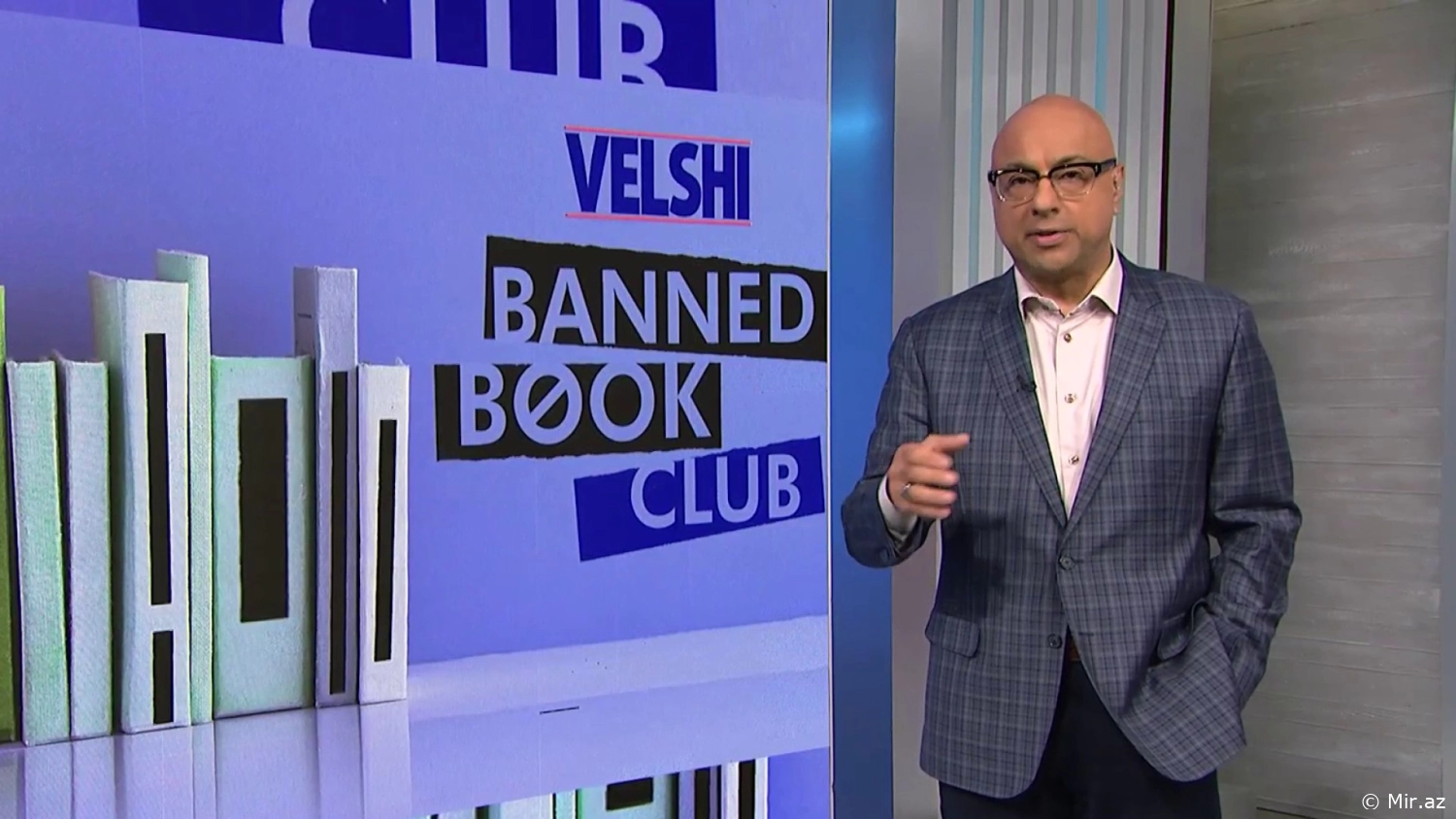Banning books about poverty may seem like an extreme measure, but it's happening in America. The latest target is the seminal book, "Nickel and Dimed," which provides a raw and real look at the daily struggles of the working poor in America. In this episode of #VelshiBannedBookClub, Ali Velshi speaks with authors Sarah Smarsh and Stephanie Land about the banning of this book and others like it.
Books like "Nickel and Dimed," "Heartland," and "Maid" offer firsthand accounts of what it's like to live below the poverty line in America. They expose the systems of oppression that keep people in poverty and challenge the fallacy of the American dream that anyone can "pick themselves up from their bootstraps."
By banning books about poverty, society is ignoring the reality of the working poor in America. These books shed light on the struggles faced by 37.2 million people in this country, and their value should not be diminished because of their economic status.
We must challenge the notion that individual value is determined by wealth and start recognizing the worth and dignity of every human being, regardless of their economic situation. By banning books that speak truth to power, we only perpetuate the systems of oppression that keep people in poverty.
It's time to lift the veil of darkness on poverty in America and start having honest conversations about how to address the root causes of this pervasive issue. Banning books is not the answer; education and empathy are.
Banning Books About Poverty: Ignoring the Reality of Working Poor in America

Comments 0
Write a comment